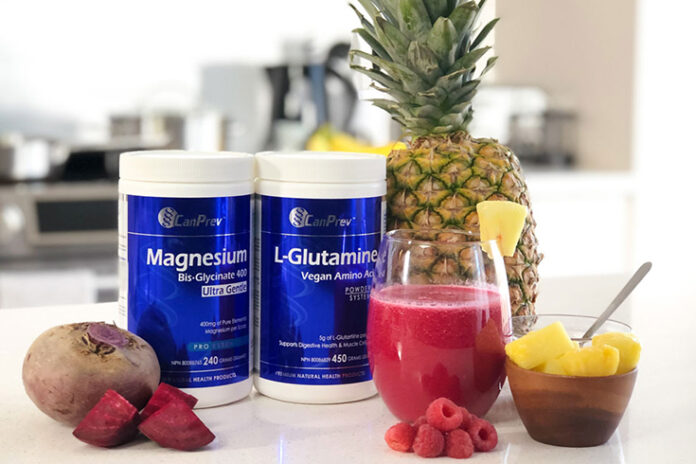The Lotte & John Hecht Memorial Foundation has announced a significant transformation for its prestigious biennial healthcare award. The Dr. Rogers Prize for Excellence in Complementary & Alternative Medicine is now the Dr. Rogers Prize for Advancing Health, Medicine & Healing, reflecting a broader vision for medical innovation in Canada. Accompanying this change, the cash prize has been increased to $300,000 CAD, making it the largest award of its kind in the country.
A Name That Reflects Progress in Healthcare
Healthcare is an evolving field, with new approaches emerging that blend conventional, complementary, and alternative practices. The original title of the Dr. Rogers Prize no longer fully captured the diversity of modern medical advancements. By shifting the focus to “advancing health, medicine, and healing,” the prize embraces a wider array of groundbreaking work in patient care and medical research.
Despite the change, the award remains deeply rooted in the vision of Lotte and John Hecht, who were passionate about supporting innovative treatments beyond conventional medicine. It also continues to honour the legacy of Dr. Roger Rogers, a Vancouver physician known for championing patient choice, disease prevention, and medical innovation in the face of institutional resistance.
An Evolving Recognition for Groundbreaking Contributions
The Dr. Rogers Prize for Advancing Health, Medicine & Healing will maintain its rigorous assessment process, ensuring that recipients exemplify outstanding contributions to patient care and medical research. However, a key shift will occur in how winners are celebrated.
Rather than hosting a formal gala, the Foundation will redirect resources toward amplifying the achievements of its recipients in more meaningful ways. The 2025 winner will be announced this autumn, with a smaller, regional award dinner held in their honour at a mutually convenient time and location.
This evolution aligns with the Foundation’s broader mission: not only to recognize excellence but also to promote knowledge-sharing and innovation in healthcare. Since its inception in 2007, the Dr. Rogers Prize Lecture Program has distributed $1.9 million to support conferences that educate, inspire, and connect professionals dedicated to advancing medicine.
Celebrating Trailblazers in Canadian Medicine
The Dr. Rogers Prize has always sought to recognize those who challenge the status quo, push boundaries, and transform healthcare for the better. Previous winners include pioneers in integrative medicine, groundbreaking researchers, and forward-thinking clinicians who have significantly impacted patient care in Canada.
Past Recipients:
- 2007 – Dr. Alastair Cunningham, Dr. Abram Hoffer
- 2009 – Dr. Hal Gunn, Dr. Badri Rickhi
- 2011 – Dr. Marja Verhoef
- 2013 – Dr. Sunita Vohra
- 2015 – Dr. Heather Boon
- 2017 – Dr. Dugald Seely
- 2019 – Dr. Bonnie Kaplan
- 2021 – Dr. Linda Rapson, Dr. Gregor Reid
- 2023 – Dr. Linda Carlson, Dr. Stephen Genuis
A Legacy of Vision and Innovation
Founded in 2007, the Dr. Rogers Prize remains committed to supporting medical professionals who embody the same vision, leadership, and integrity as Dr. Roger Hayward Rogers. A pioneer in offering non-conventional cancer treatments, Dr. Rogers was a leading advocate for patient-centred care. In recognition of his work, he was awarded the Order of British Columbia in 2001.
Nominations Now Open for the 2025 Prize
As the Dr. Rogers Prize steps into this new chapter, its core mission remains unchanged: to honour and support exceptional individuals whose work advances health, medicine, and healing in Canada.
Nominations for the 2025 Dr. Rogers Prize are now open. To nominate an outstanding healthcare professional, visit DrRogersPrize.org.
















 While Whole Foods Market is leading by example, it recognizes that industry-wide change requires collective action. The company encourages other retailers, suppliers, and policymakers to adopt similar protections and invest in worker welfare.
While Whole Foods Market is leading by example, it recognizes that industry-wide change requires collective action. The company encourages other retailers, suppliers, and policymakers to adopt similar protections and invest in worker welfare.







